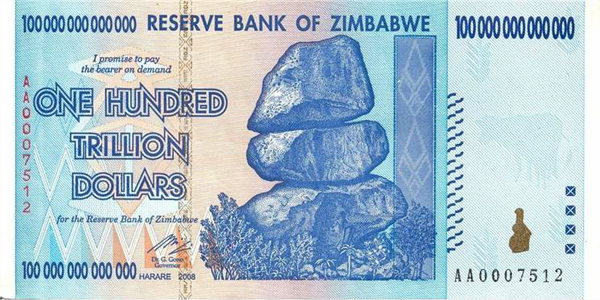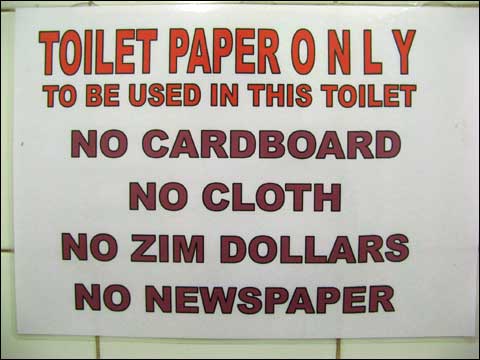The absurdly named “debt ceiling” is not a ceiling at all. Never has been. Congress has just blasted right through this supposed ‘limit’ each time they reach it. The ‘limit’ has been raised 74 times since 1962. Congress spends with wild abandon and does not recognize limits.
But reality recognizes limits, and will re-assert itself in some unpleasant ways when our wild spending spree reaches its end. Our exploding debt is unsustainable and will not be sustained.
A substantial portion of our population understands the danger and is seeking to do something about it. They have even managed to elect a few legislators who are committed to changing course to avert disaster. These honest people are a minority, though, and are regularly ridiculed for their principled wisdom.
We have once again reached the debt limit and most legislators want to blast right through as usual. Obama says he doesn’t even want to discuss it. Those who want some spending cuts are threatening to block continued spending unless there are real cuts. That brings us to two ploys that are being considered by the big spenders.
First, some are saying the President doesn’t need Congress for spending authority. They say the 14th Amendment would allow Obama to spend without regard to the limit, even though the constitutions says all spending must be authorized by Congress. Second, some say there is a magic trick we can do that will fix things. The magic trick is to put a platinum coin in the Federal Reserve and say it is worth a trillion dollars. Then government would write checks on that trillion without borrowing money.
Functionally, depositing the platinum coin would be the same as depositing a lump of coal. Both would be about the same distance from actually having a value of a trillion dollars. An absurd stunt like this would confirm the worst fear of prospective bond buyers… that we are not serious about dealing with our debt. The credit rating agencies would come to the same conclusion.
Yet, the platinum stunt is being discussed as though it has merit. Paul Krugman, for example, has written that the coin trick would result in, “no economic harm at all”. He sees it as a reasonable response to the, “ruthlessness and craziness that now characterizes House Republicans”. He is speaking of those extremist fools who are worried about out-of-control spending. Those obstructionists.
Each of us needs to decide where the craziness lies in this debate. If you think reality will allow us to spend our way out of debt, go with Krugman. If you think people will continue to fund our increasing debt by buying our bonds when it becomes clear that we cannot possibly pay the debt, go with Krugman.
Governments that follow the Krugman path and debase their currency often do pretend to pay their debts. They put a big number on a worthless piece of paper and say, here you go. It’s like giving someone a platinum coin and saying, here’s a trillion dollars.
The Zimbabwe One Hundred Trillion Dollar bill above is real, government issued money. You can get one for about five bucks on Ebay. So governments can ‘repay’ their big debts with what is essentially toilet paper. In the process, they will have destroyed the economy and wiped out the savings of the citizens. It has happened many times before and we may be witnessing it again. It happens when politicians care more about their power than about the future. It happens when citizens believe there are free lunches, when there is no such thing.
*****************************
Additional info: At monetaryrealism.com, Vimothy posted this comment:
It comes down to the fact that the government ultimately has two and only two choices when it wants to get hold of some real economic resources: either it expropriates them outright, or it borrows them and replaces them at a later date. That’s it. There is no third choice.
All of these things like taxes, selling bonds, the platinum coin and the “operational” ability to issue as much nominal money as you like are at the end of the day simply ways to achieve (a) or (b), or some combination of the two.
The government is obviously limited in its ability to borrow as much as it likes from the real resources of the economy because its ability to return those economic resources is itself limited. And if the government does not intend to return what it borrowed, because, for example, there is no entity above it that can force it to do so, then it did not borrow the resources; it expropriated them.


